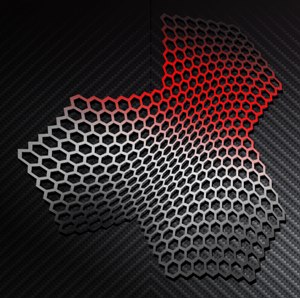Exeter Analytical Inc. has developed proprietary techniques based on their Model 440 CHN analyzer to enable accurate determination of percentage Carbon (C) and Hydrogen (H) in carbon fibre composite materials.

Benefiting from their unique strength to weight ratio and rigidity, the use of carbon fibre reinforced materials(composites) in aerospace, automotive, firearms, marine and sports equipment manufacture has rapidly expanded. With this rapid growth in use comes the need for accurate carbon fibre composite materials determination.
Carbon fibres are extremely difficult to completely combust and therefore analyze due to their very high melting points. Exeter Analytical Inc. has made significant advances in accurately analysing carbon fibre composites on the Model 440 which employs a pure oxygen static combustion method to fully combust samples. Carbon fibre composite materials need to be given time to fully combust. Flash combustion alone is not adequate and can frequently lead to memory effects from uncombusted material. This is a common problem with vertical combustion CHN microanalysis systems which do not remove residue between each analysis. Benefiting from its unique horizontal furnace design, and software that enables complete control over combustion parameters, the Model 440 is able to achieve 100% combustion of carbon fibre samples and remove the residue between each analysis. Consequently CHN analysis can be routinely carried out on these materials with unsurpassed accuracy and precision.
For further information on carbon fibre composite material analysis please contact Exeter Analytical Inc. on +1 978 251 1411 / [email protected] or in Europe on tel. +44 2476 323 223 / [email protected].
Exeter Analytical Inc. is a company that has been dedicated to elemental microanalysis for over 25 years. The company’s expertise and experience with instruments, consumables and supplies has allowed it to better understand all issues facing microanalysts. As a consequence, whether you are a regular or an occasional purchaser, experienced and knowledgeable staff is always available to provide technical advice.